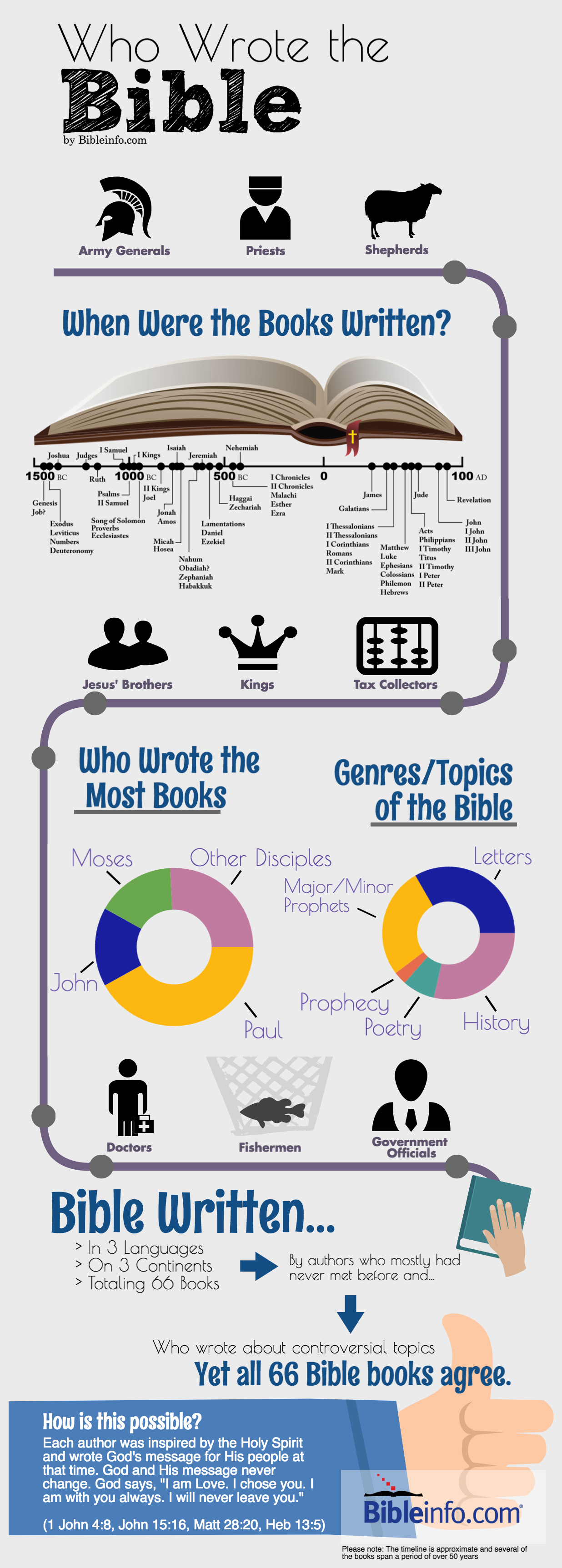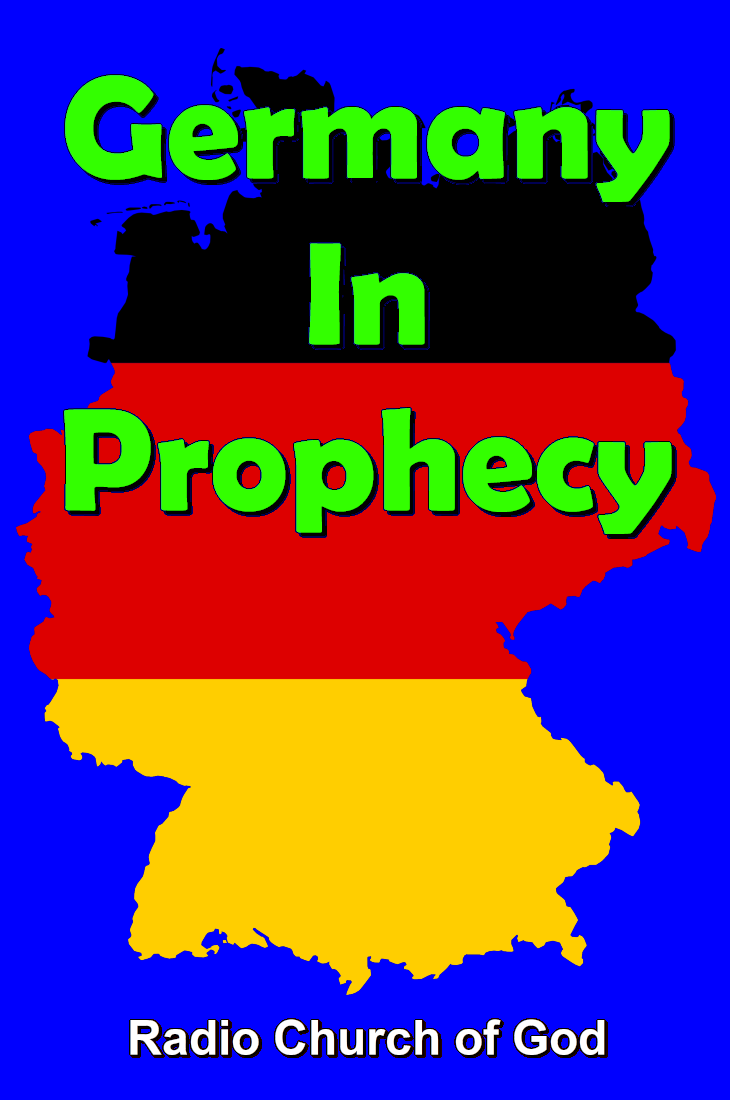Seeking the biblical author's intended meaning necessitates interpreting Bible verses in context. Every word in the Bible is part of a verse, and every verse is part of a paragraph, and every paragraph is part of a book, and every book is part of the whole of Scripture. Basic Considerations in Interpreting Prophecy Article contributed by The wide diversity in the interpretation of prophecy alerts anyone who approaches this field of biblical exegesis that there are also widely differing principles of interpretation. Biblical Prophecy: Perspectives for Christian Theology, Discipleship, and Ministry (Interpretation: Resources for the Use of Scripture in the Church) Women's Divination in Biblical Literature: Prophecy, Necromancy, and Other Arts of Knowledge (The Anchor Yale Bible Reference Library) Apr 28, 2015. The Journal of the Society of Biblical Literature and Exegesis ( ) and the Journal of Biblical Literature (1890 ) are publications of the Society of Biblical Literature. Elishas true prophecy in 2 Kings 3, Journal of Biblical Literature 124. While initially bewildering, it is, in fact, one of the most fascinating genres of biblical literature. Prophecy and Apocalypse Visionary writing is often confused with the biblical genres of prophecy and apocalypse, but visionary writing can appear in any genre. Divination in Biblical Literature: Prophecy, Necromancy, and Other Arts of Knowledge (Yale University Press). JONATHAN STKL is Lecturer in Hebrew BibleOld Testament at Kings College London. He is the author of Prophecy in the Ancient Near East: A Philological and Sociological Comparison (Brill). v In common parlance, prophecy is often considered to be predicting the future. For some, it conjures up images of telephone psychics and the like. Examples from the Web for prophecy Contemporary Examples Instead of me fulfilling my prophecy, he said, I have to start one, and that was a lot of pressure. Biblical Future Prophecy Part 3: Understanding Apocalyptic Literature. February 28, 2017 April 17, 2017 Sam Smith [This is the third in a series of articles on biblical future prophecy. The material has been adapted from the authors book, What the Bible Says About the Future, second edition, 2011, by. MAJOR BIBLICAL GENRES The Bible is most definitely a work of literature, but it is a mix of a lot of different genres. Moreover, these are genres that would have been more familiar to biblical literature Hebrew prophecy Hebrew prophecy was rooted in the prophetic activities of various individuals and groups from the nations and peoples of the ancient Near East. Though prophecy among ancient Egyptians, Mesopotamians, and Canaanitesas well as among the peoples of the Aegean was connected with foretelling (or predicting) the future, the. Start studying LANGUAGE ARTS 609: BIBLE LITERATURE TEST: BIBLE LITERATURE. Learn vocabulary, terms, and more with flashcards, games, and other study tools. The Oxford Study Bible Study Bible supplemented with commentary from scholars of various religions. The Editors' Preface The Literature of The Biblical Communities. The Bible as a Community Book; While the phenomenon of prophecy is mentioned in various texts, most notably in the Report of Wen Amun from the. JOURNAL OF BIBLICAL LITERATURE and order of words, all play a vital role in conveying content, meaning, and feeling. In poetry, the medium and message are inseparably intertwined to The study of prophecy is one of the truly challenging, yet rewarding, areas of biblical investigation. It is also a theme that is grossly abused. In this article, we propose to examine some of the principles governing Bible prophecy. Biblical literature, four bodies of written works: the Old Testament writings according to the Hebrew canon; intertestamental works, including the Old Testament Apocrypha; the New Testament writings; and the New Testament Apocrypha. The Old Testament is a collection of writings that was first compiled and preserved as the sacred books of the ancient Hebrew people. In both prophecy and biblical apocalyptic God is at all times supreme and the Lord of His creation. Rowley, The Relevance of Apocalyptic (1947); D. Russell, The Method and Message of Jewish Apocalyptic (1964). A type of Jewish and early Christian lit. What Are the Types of Literature Genres in the Bible? Into Thy Word Poetry, Gospel, Epistles, Prophecy, and Apocalyptic Literature. Biblical Genres Include: Law: This contains the instructions and Prophecy is the type of literature that is often associated with predicting the future. However, it also contains God's words of get with. Women's Divination in Biblical Literature by Esther J. Hamori, , available at Book Depository with free delivery worldwide. Lesson 5: Some Amazing Examples of Prophecies Already Fulfilled! All fulfilled prophecies are amazing. Only God can truly predict the future because only He has the power to make His predictions come to pass (Isaiah 46: 911). Here is the best resource for homework help with HEBREW 373: Prophecy in the Bible and PostBiblical Literature at Ohio State University. Find HEBREW373 The Bridling of the Tongue and the Opening of the Mouth in Biblical Prophecy, by Gregory Yuri Glazov. Sheffield: Sheffield Academic Press, 2001. The purpose of this book is to dig deeper into the prophetic call narratives of the Hebrew Bible in order to. The book of Revelation is a highly structured work that combines elements of almost all the literary forms in the Bible, including figurative language, parallelism, typology and symbols, epic, narrative, lyric and narrative poetry, and praise. Randy Smith speaks briefly about poetry and prophesy, two of the seven types of biblical literature. Great Commission Bible Institute is a one year Bible program designed to give students the. Prophecy and Apocalyptic Literature. Navigation Notes: You may click on the [TOC links to return to the Genre Analysis Table of Contents. When we hear the word prophecy, we usually think of predicting the future, our future in particular. Biblical Principles for Interpreting Apocalyptic Prophecy Michigan Pastors Retreat Fall 2006 Richard M. Introduction In our previous study we looked at biblical. Contrary to what many fundamentalist preachers or latenight radio hosts would have you believe, biblical prophecy is not primarily about predicting the future or finding clues in the Bible that correspond to people or. Interpreting Biblical Prophecy Written by Michael Vlach. Apocalyptic literature is found within some of the prophetic books. Parts of Ezekiel, Daniel, Zechariah, and much of Revelation can be considered apocalyptic literature. The language and imagery of biblical prophecy has been the source of puzzlement for many Christians and a point of dispute for some. Ben Zvi, Ehud, and Floyd, Michael, Writings and Speech in Israelite and Ancient Near East Prophecy, (Society of Biblical Literature, 2000). A History of Prophecy of Israel, (Westminster John Knox Press, 1996). JOURNAL OF BIBLICAL LITERATURE. name, is not only a later addition, 3 but stands quite outside the main line of Jewish tradition represented by LXX, 4 Jerome and the Targum. This series invites manuscripts from scholars in any area of Biblical literature. Both established and innovative methodologies, covering general and particular areas in biblical study, are welcome. The series seeks to make available studies which will make a. Prophecy and Apocalyptic Literature: The Prophetic writings are the Old Testament books of Isaiah through Malachi, and the New Testament book of Revelation. They include predictions of future events, warnings of coming judgment, and an overview of Gods plan for Israel. In keeping with the Society of Biblical Literature's Writings from the Ancient World series, the book makes the texts themselves accessible and avoids, in the introductions, excessive scholarly interpretation that might easily become dated. Keywords: literature, literary forms, Bible, interpretation, hermeneutics, Greek, Hebrew, critics, Scripture, history, poetry, prophecy, plain meaning, figures of speech Because mankind has the ability to understand and appreciate various forms of literature, God used many genres to communicate His Word. The reader of the Bible will discover a common purpose that unifies the parts of the collection. The Society of Biblical Literature (SBL) supports the critical investigation of the Bible. Founded in 1880, the SBL is a member of the American Council of Learned Societies. Womens Divination in Biblical Literature: Prophecy, Necromancy, and Other Arts of Knowledge. Anchor Yale Bible Reference Library. Bewildered by all of the genres that appear in Scripturehistory, prophecy, proverb, apocalypse, letter, etc. McKenzie shows how to identify each, explains their significance, and then offers a general approach to their interpretation. Women's Divination in Biblical Literature: Prophecy, Necromancy, and Other Arts of Knowledge (The Anchor Yale Bible Reference Library) [Esther J. FREE shipping on qualifying offers. Divination, the use of special talents and techniques to gain divine knowledge, was practiced in many different forms in ancient Israel and throughout the ancient world. Apocalyptic literature is a genre of prophetical writing that developed in postExilic Jewish culture and was popular among millennialist early Christians. Apocalypse () is a Greek word meaning revelation, an unveiling or unfolding of things not previously known and which could not be known apart from the unveiling. As a genre, apocalyptic literature details the. A prophecy is a message that is claimed by a prophet to have been communicated to them by a god. Such messages typically involve inspiration, interpretation, or revelation of divine will concerning the prophet's social world and events to come (compare divine knowledge ). This collection of essays is written by biblical scholars from around the world who are friends and students of the distinguished American biblical scholar Gene M. Tucker, who was President of the Society of Biblical Literature in 1996. 23 In light of all this evidence, Aune suggests the existence of four classes of prophecy. in the late Second Temple period: eschatological an oral form of prophecy appearing in groups looking forward to the end of days; clerical prophecy, an oral phenomenon associated with the 36 Journal of Biblical Literature mate to speak of a decline. Esther Hamoris book on womens divination in biblical literature fills an important gap. It makes a significant contribution to the academic field while also providing a thoughtprovoking, and much needed account for students and educated lay readers who are thirsty for knowledge in these areas. Helping Jesus Fulfill Prophecy Miller, Robert J. 00 Description: It's obvious that Jesus fulfilled prophecies about the promised Messiahor so the gospels make it seem. But the real story is more complex, and more compelling. The bulk of prophecy in both the earlier prophets (Joshua, Judges, Samuel and Kings), the latter prophets (Isaiah, Jeremiah, Ezekiel, Daniel and the twelve minor prophets), and the New Testament prophets actually involved Gods messengers speaking the word of God to a the branch of theology that specializes in interpretation, or exegesis, of Biblical literature. Historically, exegetes have recognized four levels of meaning in the Bible: the historical or literal, the allegorical, the moral, and the anagogical or mystical, putting emphasis on the necessity of a foundation for the latter three in the literal. Biblical literature The Neviim (Prophets): The Hebrew canon of the section of the Old Testament known as the Neviim, or the Prophets, is divided into two sections: the Former Prophets and the Latter Prophets. The Former Prophets contains four historical booksJoshua, Judges, Samuel, and Kings. The Latter Prophets includes four prophetic worksthe books of Isaiah, Jeremiah, Ezekiel.










